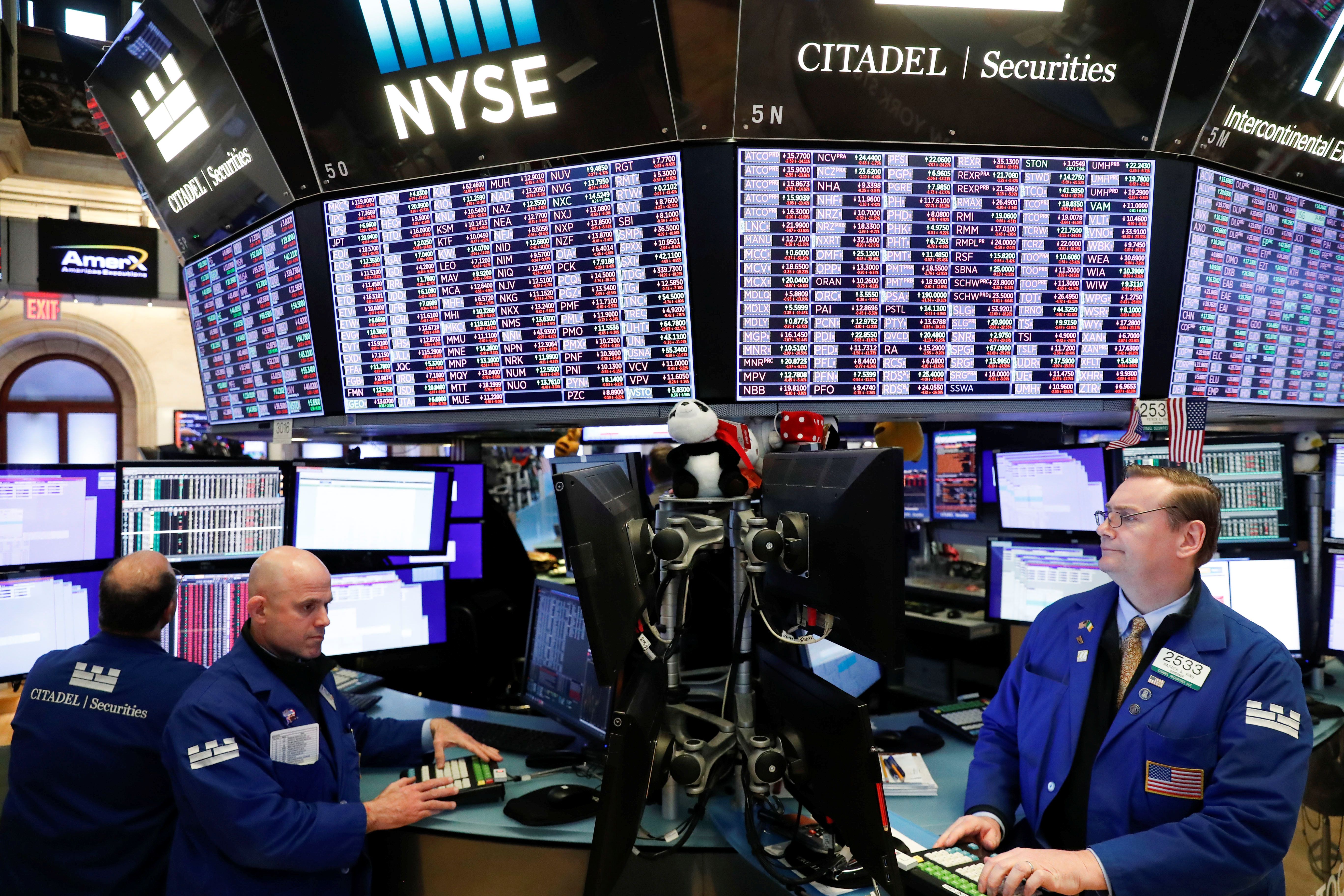Coronavirus Politics Daily: Elections postponed, markets rocked, curve flattened?
For the next few days, at least, we'll give you a roundup of key COVID-19 stories that jump out at us.
Coronavirus has forced the postponement of local elections in England until next year, though France and Germany are still going ahead with theirs. Some US states will hold presidential primaries Tuesday as scheduled, but Louisiana and Georgia have already postponed. A larger question looms: If this crisis continues into autumn, might the November 3 US presidential election be delayed? That's never happened in American history, and for good reason. The president can't simply order a delay. The election date, set in federal law, can be changed only by agreement of Congress, the president, and the courts…and the US Constitution requires that the new presidential term begin on January 20. Still, how the coronavirus affects perceptions of electoral legitimacy is a big, big question.
The financial response: Governments and central banks are taking steps on a scale not seen since the 2008 financial crisis to prop up markets and limit serious damage to the global economy. On Sunday, the US Federal Reserve cut its interest rate target to zero and announced other emergency actions to stabilize ravaged financial markets. The good news is that the Fed is coordinating with other central banks in the UK, Europe, Switzerland, and Japan. The bad news is that Wall Street and other global financial markets kept tumbling anyway. (Stocks tumbled more than 12 percent Monday, the biggest single-day drop since the crisis began.) That was partly because China published data showing a sharp contraction in economic activity in January and February as it locked down cities and factories to halt the virus. There are growing concerns that a similar, or even worse, contraction could hit Western economies that have so far failed to get a grip on the outbreak.
A quick explainer on FLATTENING THE CURVE: The point of all the social distancing and school/restaurant shutdowns is not to prevent huge numbers of people from getting COVID-19 – that's virtually inevitable over the next year. The point is to prevent huge numbers of people from getting it all at once, which can quickly overwhelm health systems. Most people who get COVID-19 will get better on their own after a rough few days – but you don't want the significant number of severe cases that do require hospitalization to exceed hospitals' capacity. Do whatever you can to flatten the curve! For an amazing visual on how coronavirus spreads with and without social distancing, see this WaPo interactive. And for a great piece of art showing how it stops in just twelve seconds, see this animation by Spanish artist Juan Delcan. Flatten the Curve!
